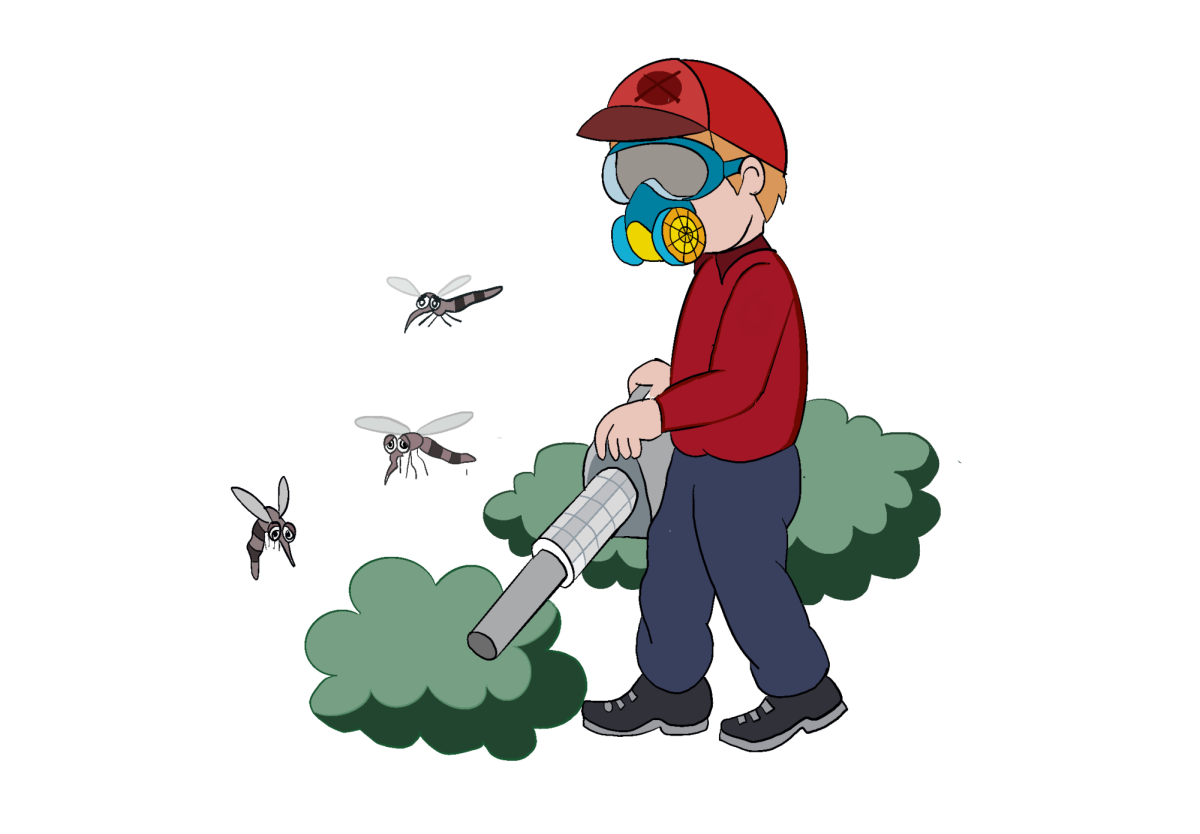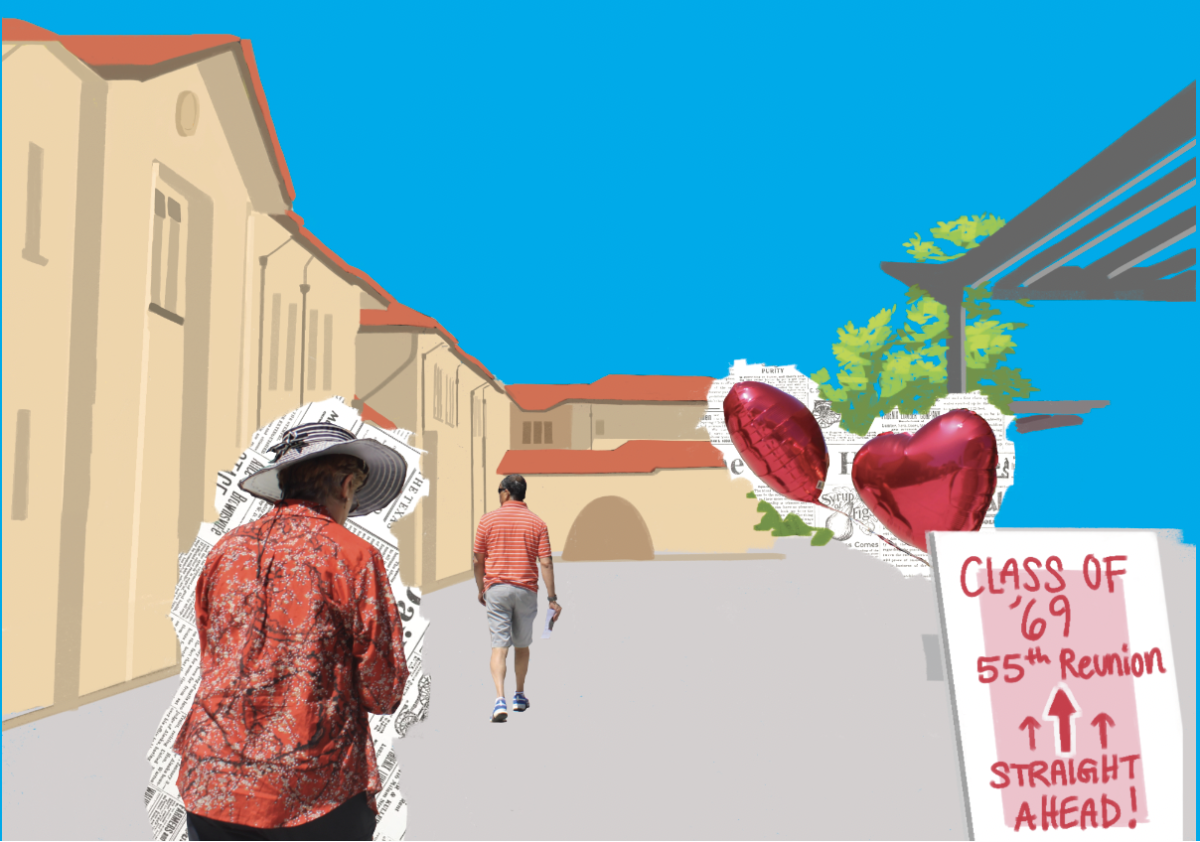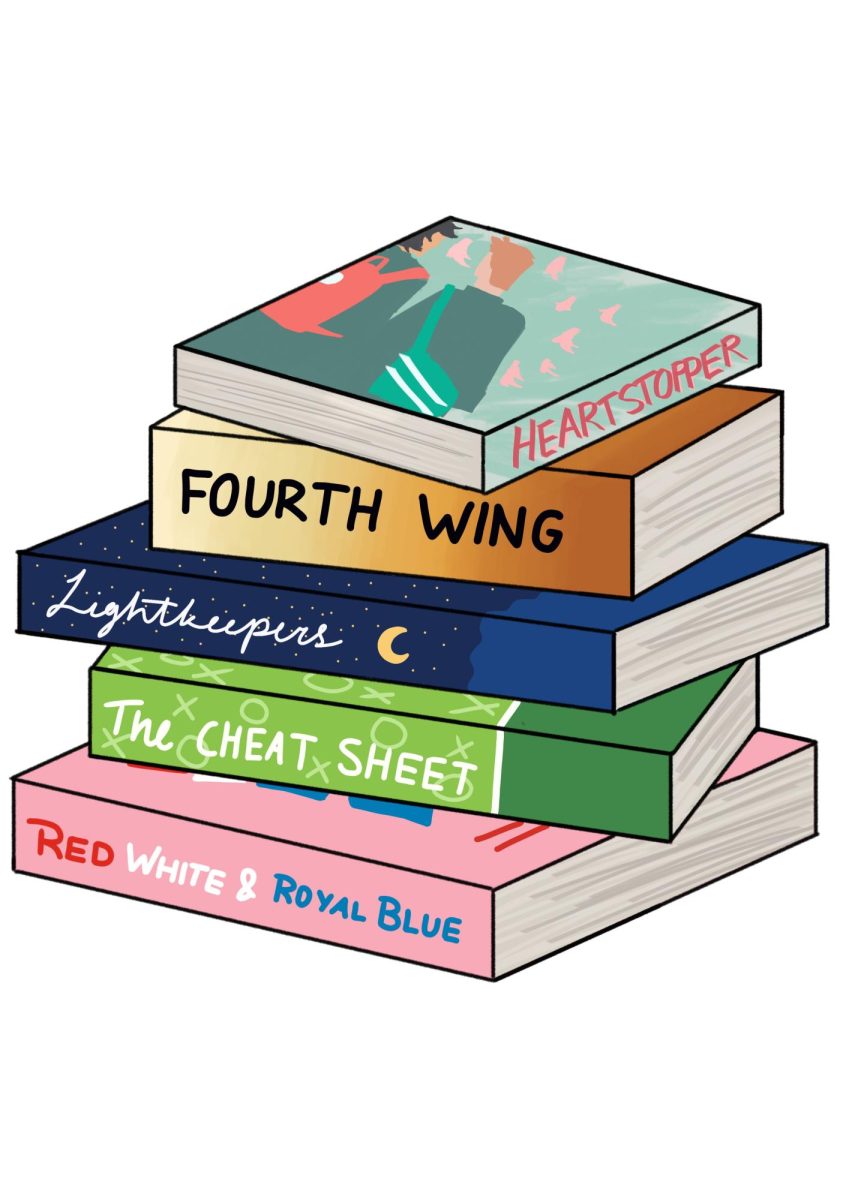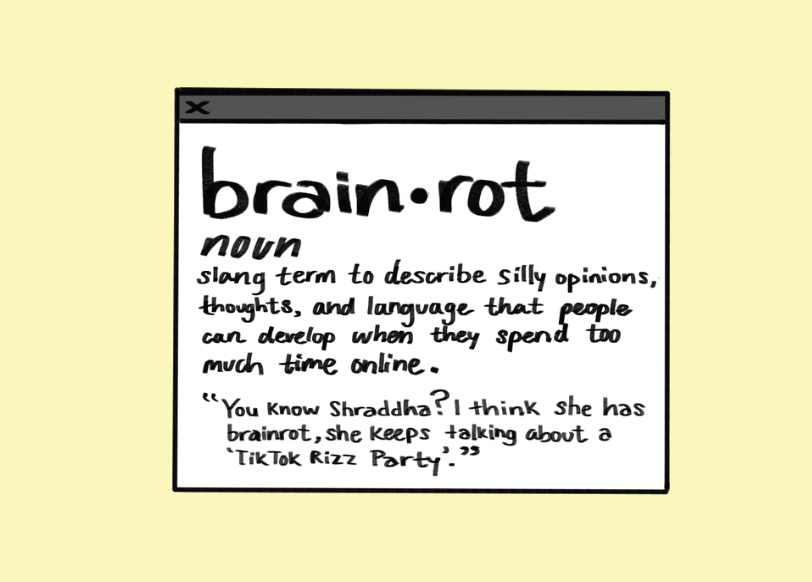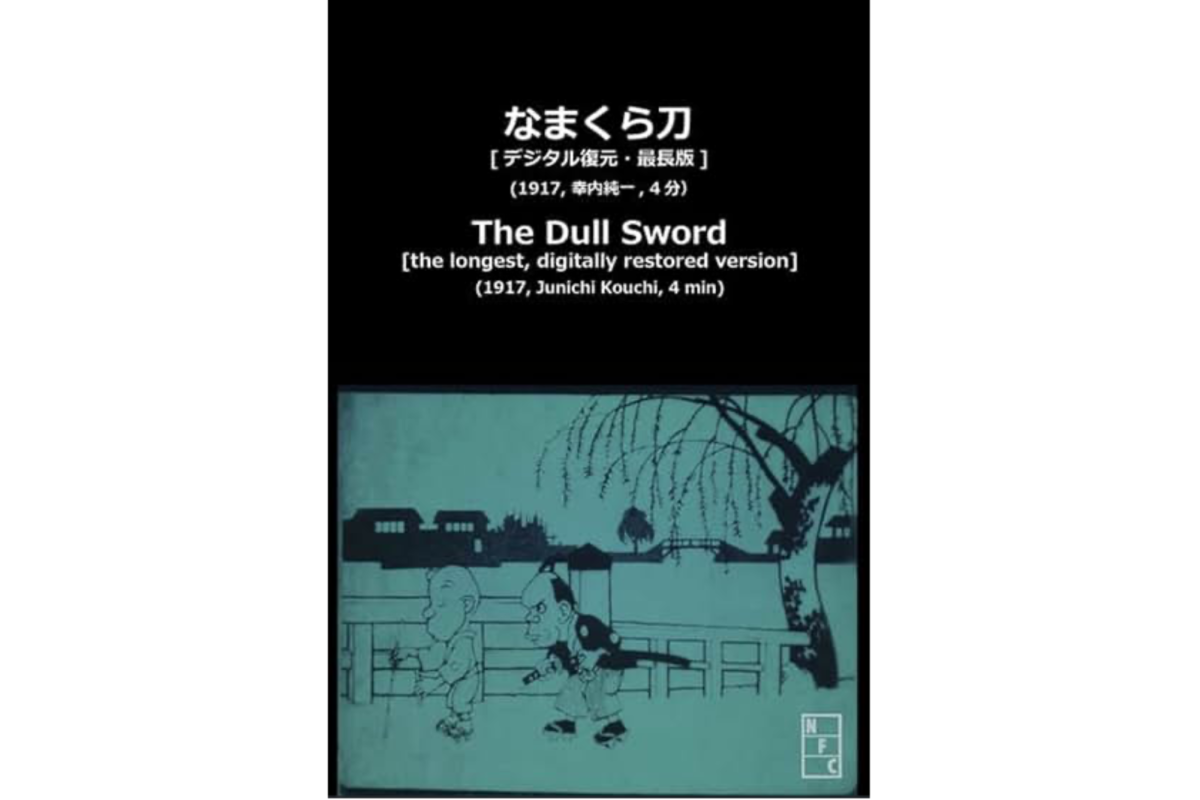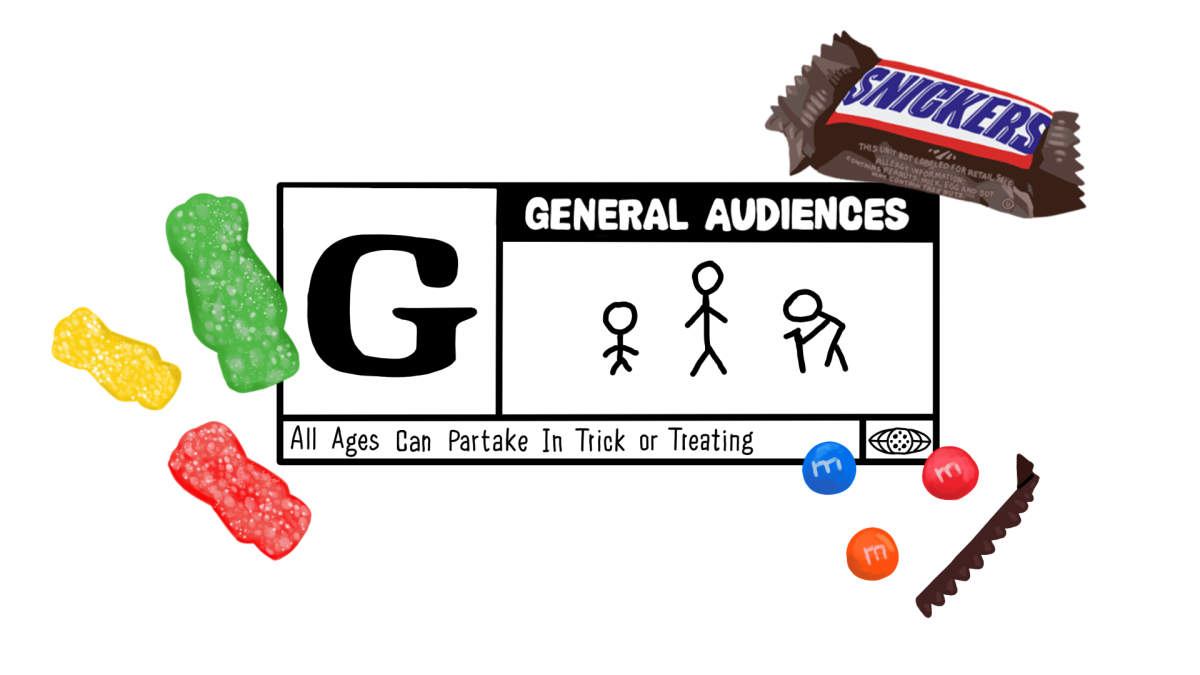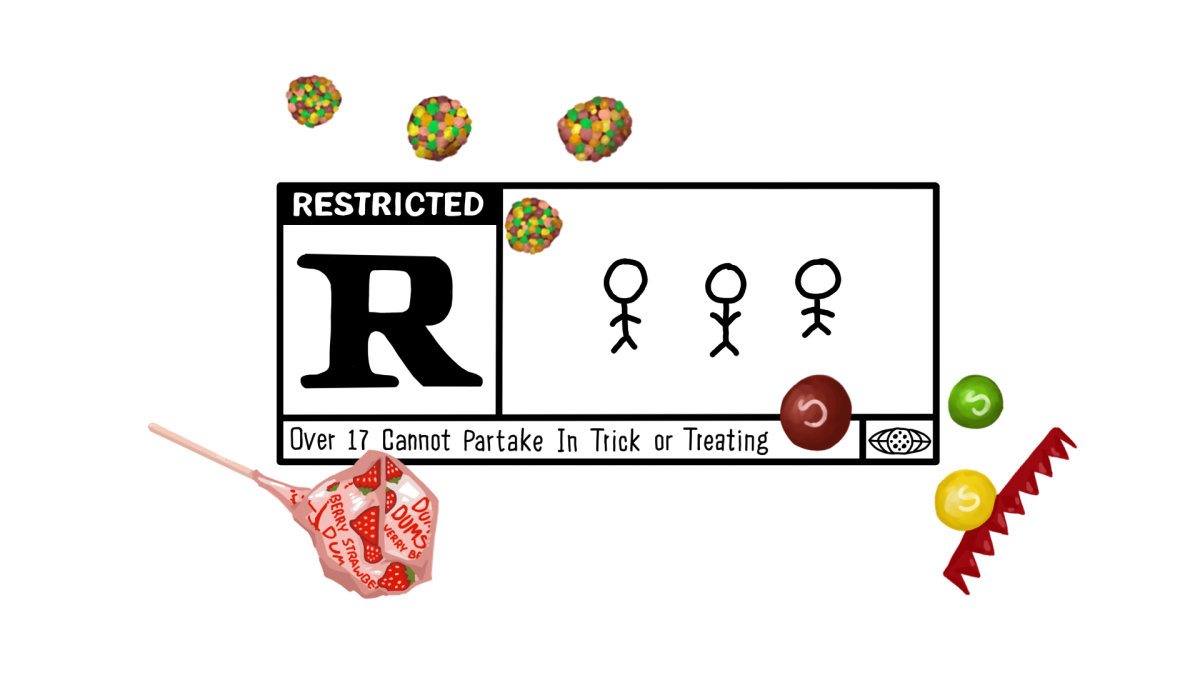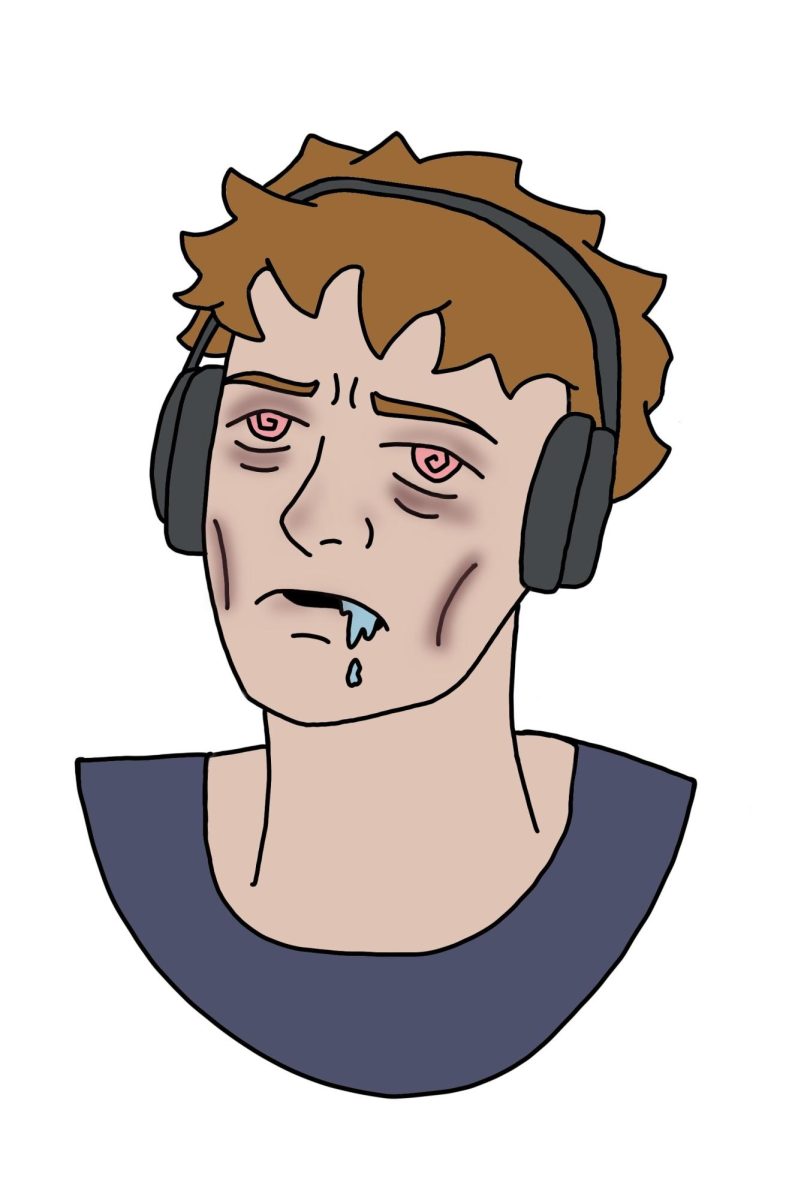Bugs are some of the most versatile and unique creatures known to man. Despite their vitality and nuance, bugs tend to be perceived as pests rather than friends. Instead of celebrating their importance and contributions, we kill them in arguably cruel and inhumane ways for organisms that are considered sentient. Bugs have been misjudged by society and are often associated with words such as gross or disgusting, when they are anything but. Even bugs many would consider pests—such as roaches and wasps—still have value in nature. Alongside the common misconception that bugs are useless, many people do not realize the effect of using pesticides. Pesticides are harmful to the environment and often cause harm to much more than the intended insect.
At FHS, certain classrooms on campus are often infested with different bugs. One bug in particular, ants, are considered the worst of household invaders. These silly creatures are called bugs colloquially, but not scientifically, as they do not fall under the order of Hemiptera. While some may not realize it, ants are essential to the well-being of the environment, and are a treasure to both our local ecosystems and the world. They aerate and enrich the soil within their colonies, establishing a stable ecosystem through the recycling of deceased animals, insects and decaying matter, thus replenishing vital nutrients in the soil. On top of this, ants serve as natural pest controllers, particularly when it comes to termites. Ants are undeniably valuable to the natural world while remaining useful garden pals, and they should be treated as such. The misconception that ants are useless is wrong. They may be a disturbance in the home, but in the wild, they are one of a kind.
At FHS, wasps are frequently observed outdoors, foraging for nectar and hunting insects, or checking out the local humans. In spite of their unfavorable reputation like many insects, wasps play a key role in our local ecosystems. Wasps are effective predators in general but particularly in agriculture settings where they control pest populations including aphids and caterpillars. Their presence also reduces the use of chemical-based pesticides, just by existing. Their mere existence provides many other ecosystem services such as decomposition and pollination, among many things. Despite what many may think, wasps are almost always harmless until bothered; as wasps sting as a defense mechanism. By simply leaving them alone everyone wins, the wasp gets to help the environment and you do not get stung. A morsel of food is a small price to pay for bettering the environment.
Ants and wasps are just two of many insect types that are misunderstood, and as people resort to the use of pesticides, this lack of understanding can be fatal to them. Pesticides have the potential to contaminate and kill organisms that get caught up in the crossfire. Often the poisons accumulate in the ecosystems over time, harming the native wildlife, especially those higher on the food chain. This is through the process of biomagnification, which occurs when a harmful substance such becomes more concentrated as it moves up the food chain. This is a huge problem, as pesticides are overused in many places, especially in America. When pests are in the home it can be tempting to use pesticides, but the best thing to do in that case is to use eco-friendly pesticides. No pesticides will ever be good, but more environmentally friendly pesticides are the lesser of two evils.
The stigma against bugs harms both our environment and our well-being. The idea of bugs solely being pests to be eliminated oversimplifies their essential roles within ecosystems. It is crucial to appreciate these misunderstood critters and to understand the dangers of pesticides. Consider an alternative to indiscriminately killing bugs; no matter how big, small or scary, every insect makes a difference.


